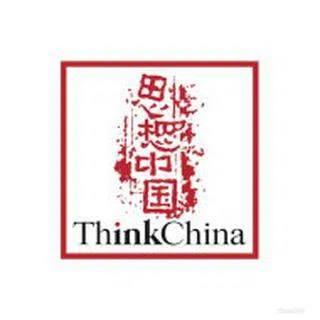Property, nightclubs, collector items: How 'Fujian gang' lifestyles aided money-laundering activities
While members of the "Fujian gang" have made the news recently for their billion-dollar money-laundering case, less is known about their lavish lifestyles and the trails their clandestine activities leave behind. Zaobao senior correspondent Poh Lay Hoon reports.
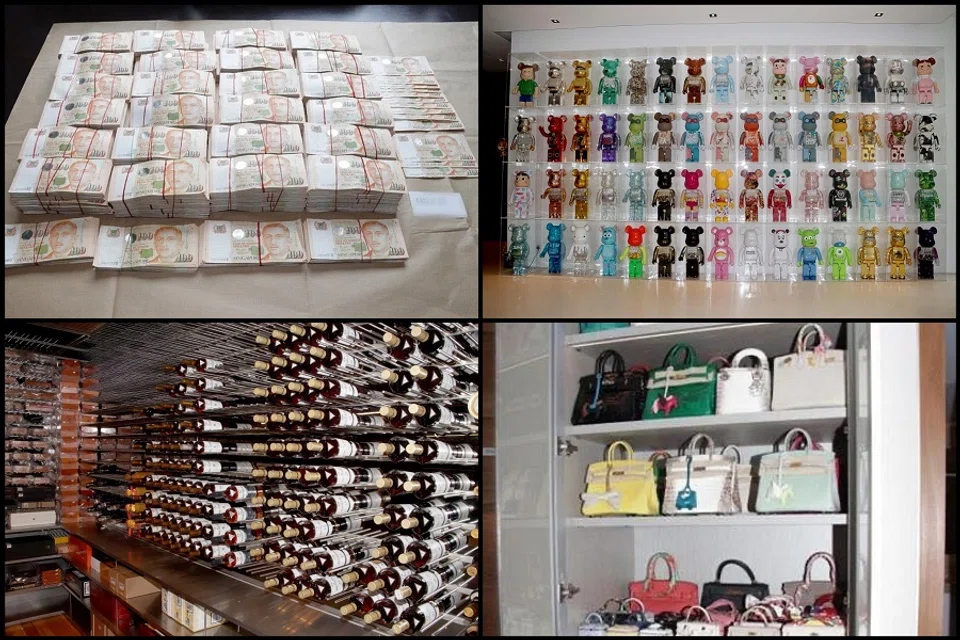
"A lavish and extravagant house!"
This was what Informant A exclaimed when asked what he thought of a "Fujian gang" member's Sentosa bungalow he had set foot in last year. He said, "The furnishings are all very expensive. All the small appliances and even the toy cars lying around are branded. Even the slippers are Hermes."
A search online shows that a pair of Hermes slippers cost upwards of S$1,000 (US$736).
... for Chinese citizens, there was a limit for individual monetary transfers across borders. Thus some would make use of companies to transfer money.
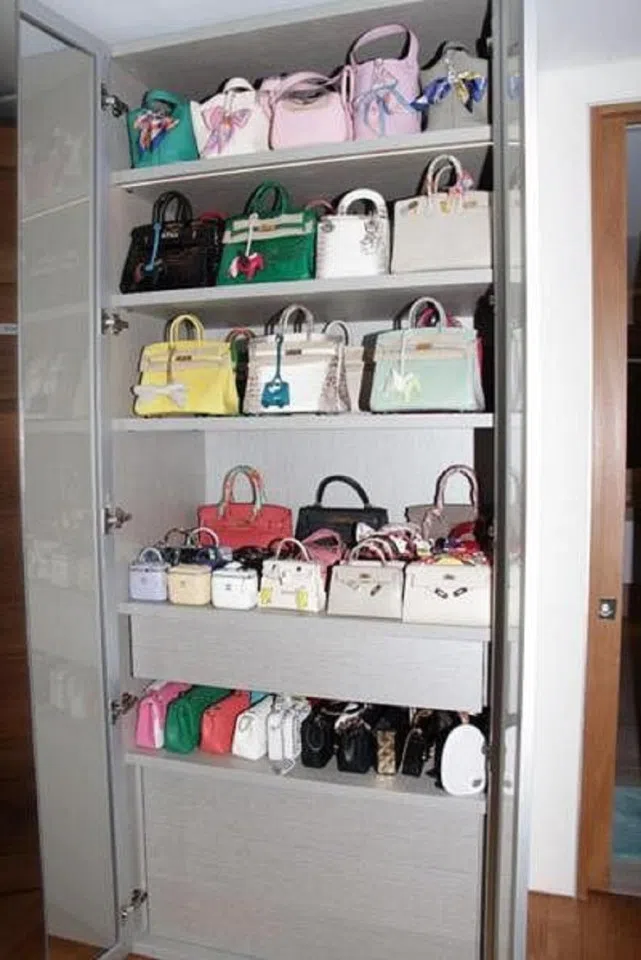
Informant A was "lucky enough" to glimpse the interior of the house in his professional capacity as he had to provide "in-person services" for his client.
Transferring funds across borders to 'cover losses'
Informant A stated that it was a mistake to think that money laundering was only for profitable Chinese businesses; in fact, "businesses have to register some [overseas] losses, to provide a legitimate reason to transfer funds to their [overseas] entities".
He explained that for Chinese citizens, there was a limit for individual monetary transfers across borders. Thus some would make use of companies to transfer money. He said, "Those in the triads could provide documents claiming they needed a transfer of capital to shore up the losses made by businesses locally. They would utilise all sorts of channels to transfer black money here."
Citing examples which included stores along Orchard Road and the most expensive malls in the city, Informant A added that rent for these stores could amount to tens of thousands of dollars monthly, with lengthy rent contracts of two to three years.
"Many of these stores sell trinkets with low profit - far from enough to cover the cost of rent."
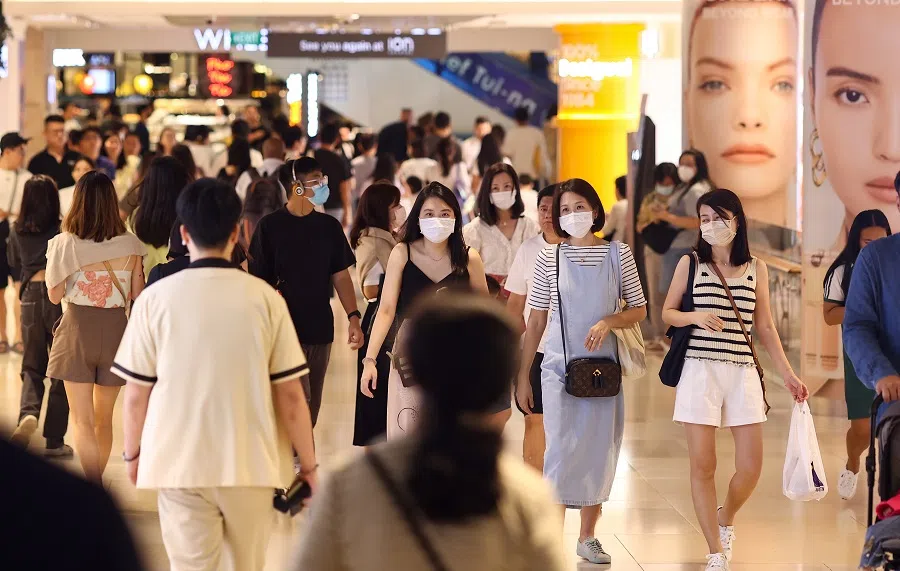
Informant A declined to provide the names of these stores, but said those who were keen to find out could take a look for themselves: "The stores are mostly empty, and don't even look like they are operating a business."
Informant A added that during the Covid-19 period, an F&B business actually bucked the trend, expanding four to five outlets. "Back then, a lot of businesses were closing up shop, save for this one which expanded instead. It didn't even do business remotely through online channels during the lockdown; wouldn't anyone find that strange?"
Informant A stated that those who were involved in shoddy businesses favoured investing in proper businesses, in a bid to make themselves look as legitimate as possible, with some "investing in companies from the education sector because of their squeaky clean image". According to him, the rich would get in touch with teachers directly, offering to sponsor them to set up businesses.
One other "efficient" method to launder money is to hit the casinos.
'Black money' laundered at casinos and nightclubs
One other "efficient" method to launder money is to hit the casinos. According to Informant B, "Someone would bring a million to the casino, then split the money up among a few people, with each gambling away tens of thousands of dollars. Even if they end up losing S$200,000, the remaining S$800,000 would be successfully laundered."
Informant B is a real estate agent, and has handled real estate sales for wealthy Chinese. He stressed that most of his clientele hail from Shanghai and Beijing. B has observed the workings of rich Chinese businessmen over the years, and noted that those who dabbled with illegal businesses would launder money via nightclubs.
He said, "Generally, these people would support each other's nightclubs. I would bring my friends over to your nightclub today, and you would reciprocate by bringing your buddies to mine the next day. Spending tens of thousands of dollars each outing is the norm."
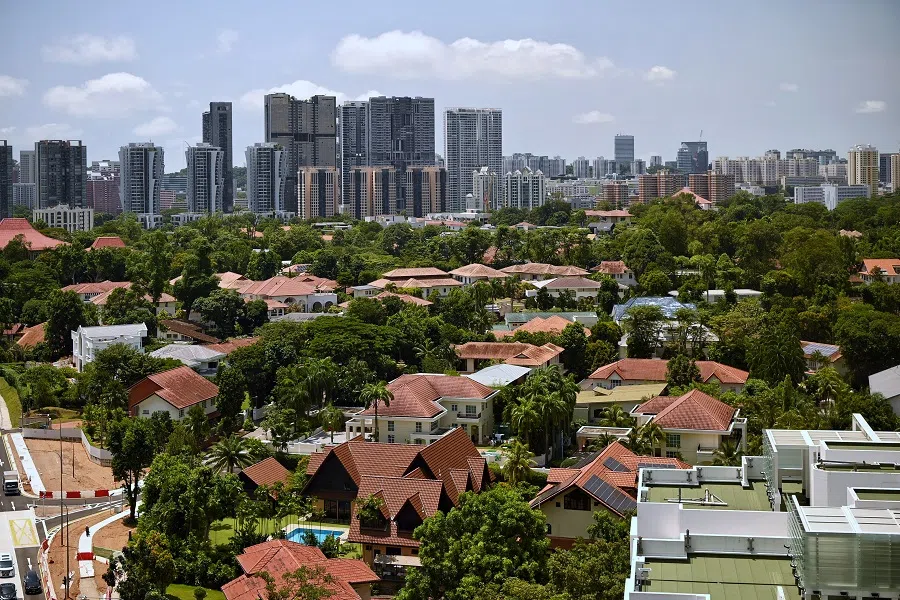
Informant A, who used to be an active participant in some organisations and associations, stopped doing so several years back as he got wind that several of these organisations had been infiltrated by the rich Chinese - including members of the "Fujian gang". He stated plainly that these organisations and associations have changed in nature, adding that "they would be based on certain Chinese provinces or areas, but their members and those they serve do not belong to these regions".
He pointed out that "these organisations had to adhere to certain rules and regulations in the past, with members voting for a chairperson. Now, anyone can have the title of an 'honorary chairperson' just by donating tens of thousands of dollars."
A separate source indicated to Lianhe Zaobao that the "Fujian gang" was exceptionally fond of cuisine from their hometown, and would fly in top chefs from 5-star hotels in the Fujian province to cook for them. The source also stated that those belonging to the "Fujian gang" love to sing karaoke, and would even pay a handsome sum to fly popular singers from the region to perform for them in their homes.
Real estate a tool for money laundering
To cover up illegal activities, one only needs a team with an accountant and a lawyer to do a cover up. Informant B said that real estate was a relatively easier method to launder money, as "not only can the owner enjoy the comfort of a house, he could even sell it off for a profit when property prices go up. The money he gets from this sale would be clean."
... over the past few years, similar incidents like that of the "Fujian gang", who bought property by paying large sums of paper money, were not uncommon.
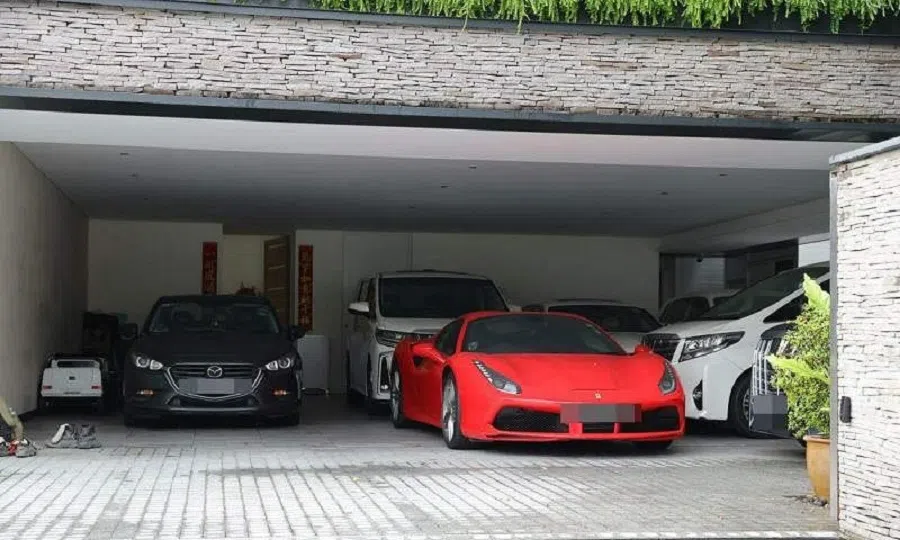
He added that "should a real estate agent discover large transactions out of the norm, or if the client pays a large sum wholly by cash, he is obliged to report to the company or to the financial authorities in Singapore. But there is no clear definition of a 'large' transaction, and agents often have to determine for themselves due to this grey area. Some in the real estate business would choose not to inform the authorities in order to secure large commission fees. Once you alert the authorities, the deal might fall through and the clients would put the blame on you."
Informant B blatantly stated that it was extremely difficult for real estate agents to act as "gatekeepers". He said, "The average real estate agent would not ask their clients where their money came from for fear of offending them." B also revealed that over the past few years, similar incidents like that of the "Fujian gang", who bought property by paying large sums of paper money, were not uncommon.
"It all comes down to the paperwork," he said. "If the banks ask where the funds originate from, as long as the paperwork is done up well, they can be fooled." He also noted that the rich who pay using cash would engage more than one real estate firm to handle the deal. "They would engage multiple firms so as to spread the risk and attention. Even when they hire legal firms, they would pick the smaller ones as these firms usually do not have the capability to do a comprehensive background check."
Property portal Edgeprop reported in June last year that a Good Class Bungalow (GCB) in Queen Astrid Park was rented to a rich Chinese for S$200,000 a month, amounting to S$2.4 million a year. Lianhe Zaobao also reported that in February this year, GCBs in Dalvey Estate and Fourth Avenue were rented out for S$150,000 per month.
"The benefit of this is that rents can be put under the company account. It's a big expense that will make the accounts look better," he added.
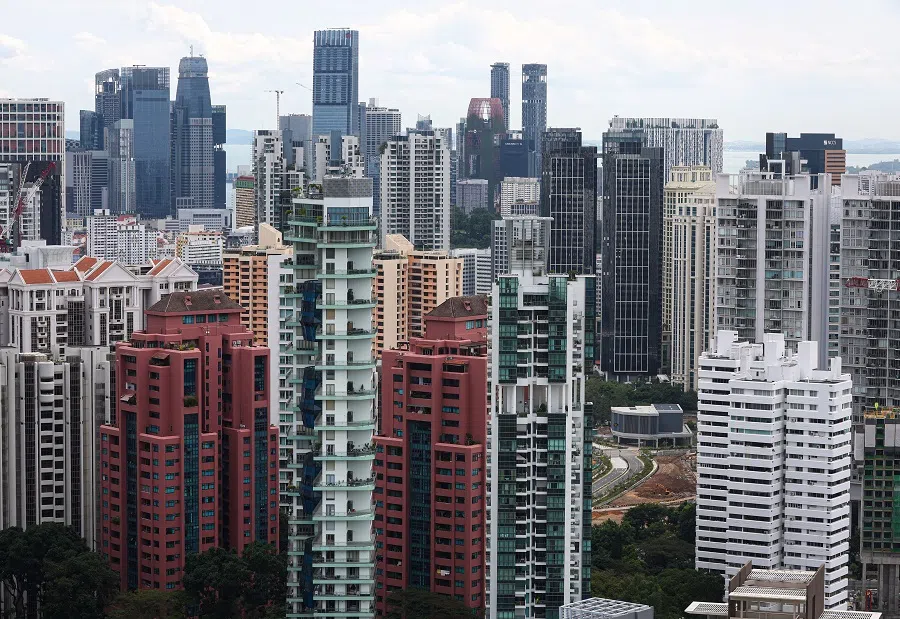
Informant B said that the market has been ruined by this tiny handful of wealthy Chinese as "rents for GCBs have never exceeded S$100,000".
He pointed out that while owners of GCBs do not wish to rent their homes to "any Tom, Dick, or Harry", some tycoons rent in the name of a company, and the landlord does not know the real identity of the tenant, only that the tenant is the president of a certain company.
"The benefit of this is that rents can be put under the company account. It's a big expense that will make the accounts look better," he added.
Some of these ten suspects had rented GCBs as well. Informant B said that as long as the owner of the GCB is able to prove to the police that he has "no relations" with the defendant and that they are not business partners, he can take back the house and rent it to others.
No questions asked
When a driver sensed that his boss could be engaged in some illegal activities, he did not dare to probe further and just wanted to get on with his job.
Informant C, who works at Sentosa, often hangs around the restaurants near W Singapore - Sentosa Cove. Free parking is available near the restaurants, where rows of black or white sport utility vehicles (SUVs) are commonly seen.
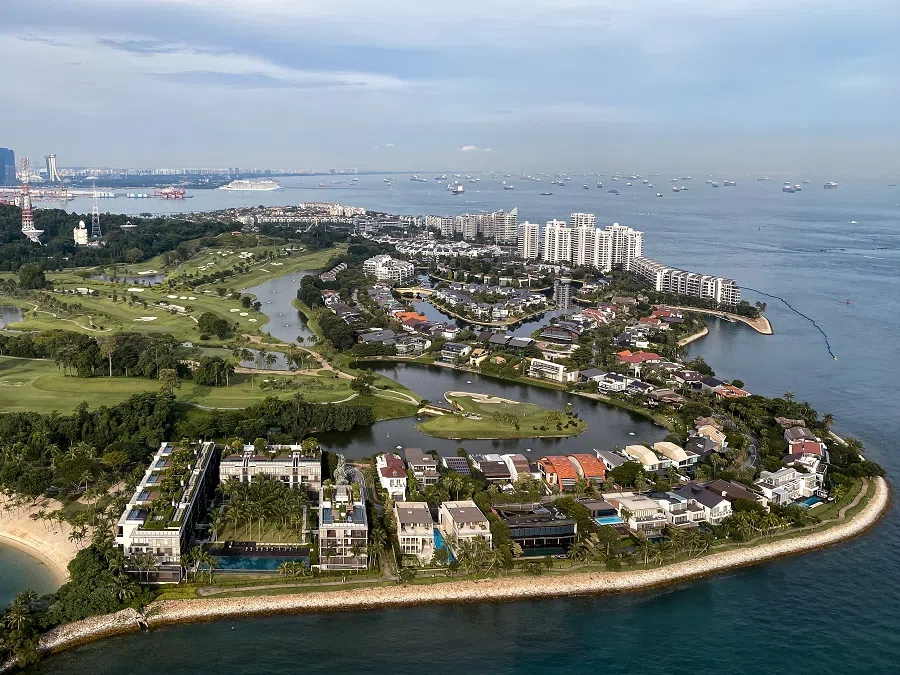
Out of curiosity, informant C chatted with a few of these drivers and discovered that they were in charge of ferrying the wealthy Chinese around. "One of the drivers was chatting with me and told me this in hushed tones," he said.
Informant C said that most of the drivers are Malaysians who take home between S$4,100 and S$4,300 a month. They work in two shifts: the morning shift for sending their boss's children to international schools, kindergartens or supplementary courses, and the night shift for sending their bosses to gatherings.
According to the drivers, some wealthy Chinese even hire Tsinghua University graduates as assistants to help them prepare English documents and cheques.
He said that high-end properties in Sentosa Cove complete with a swimming pool and parking bay for their yacht cost at least S$20 million each. He once drove into the area to take a look and saw that "in addition to a few luxury cars parked in front of their bungalows for people to admire, there were trendy Be@rbricks in the living room as well".
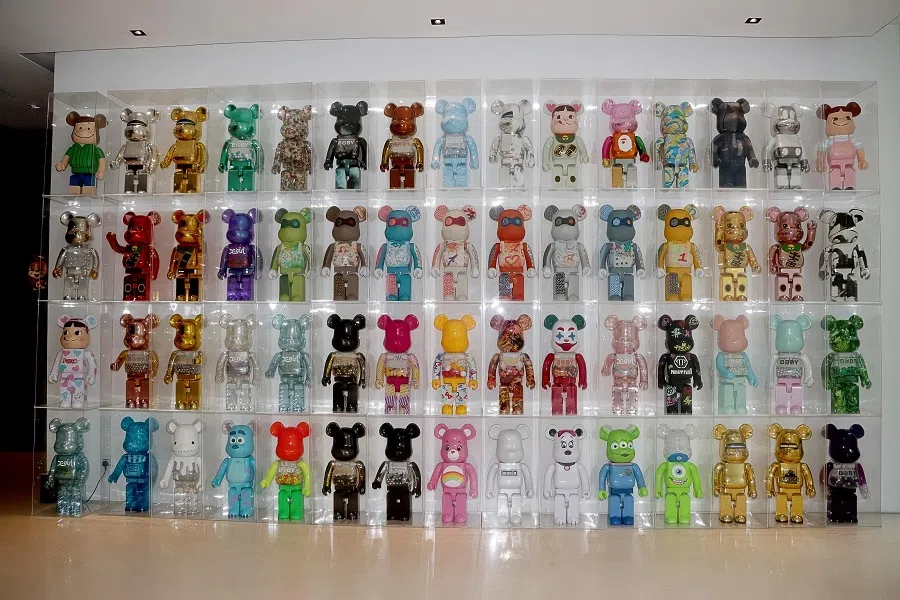
From what we understand, these wealthy bosses are incredibly generous as well. They would give their drivers a S$1,000 red packet on their birthdays and do the same for their driver's children.
Aside from drivers, the "Fujian gang" also hired bodyguards for safety reasons and assistants to take care of their daily needs as well.
Informant B also said that the countless hundred-dollar bills seized by the police were, at best, petty cash. "They often need a lot of such 'petty cash' for tipping," he said.
"They choose matte finishes for their luxury cars and have peculiar colour preferences as well, such as green and yellow."
Not on the same level
The "Fujian gang" has their own circle and does not mingle with the local Chinese from other provinces or cities such as Jiangsu and Shanghai. Some people say that this is due to their different cultural levels.
Informant A thinks that this is because "those engaged in illegal dealings are more like gangsters and are mostly uncultured".
He likened the "Fujian gang" to the "Ah Bengs" (uncouth, uneducated men who might be members of secret societies and gangs) that Singaporeans are familiar with and could identify a mile away. He said, "They choose matte finishes for their luxury cars and have peculiar colour preferences as well, such as green and yellow."
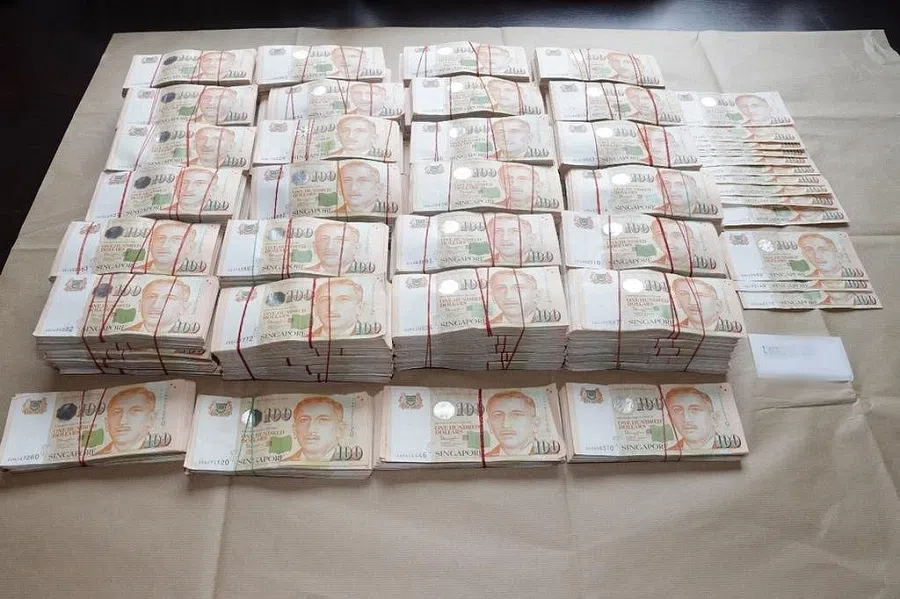
Another professional who frequents Sentosa Golf Club often sees numerous Maseratis and Rolls-Royces in the car park as well.
"Their Rolls-Royces have strange colour combinations, such as black and pink. Their licence plates are often a single number or repeated double digits. The type that makes you go 'Wow, what a beautiful number'," she shared.
She could tell that the car owners were not local Chinese as well. "They often come in groups and are very flamboyant, decked out in branded clothes from head to toe. Even their golf clubs are branded," she said.
... no less than 100 Macallan whiskies in the photo, of which none were considered rare or uncommon - it did not look like a whisky collector's cellar at all.
Not a whisky collector's cellar*
The police recently released a photo of the whisky, baijiu and cigars seized from the homes of members of the "Fujian gang". A local whisky collector with 30 years of experience pointed out that there were no less than 100 Macallan whiskies in the photo, of which none were considered rare or uncommon - it did not look like a whisky collector's cellar at all.
He thinks that those whiskies were bought for leisure drinking. "This is a whisky storeroom and not a collection. If you look at the wine rack, it just screams the word 'expensive'. It doesn't show anything about the collector's preference or character. Otherwise, it could just be that this person only loves drinking one type of whisky," he said with a laugh.
From the photograph, experts were able to identify roughly 20 bottles of Macallan 30 Years Old Sherry Oak, which cost approximately S$13,000 per bottle based on an online search. There were roughly 38 bottles of Macallan 25 Years Old priced at approximately S$5,000 to S$6,000 each; and roughly 60 bottles of Macallan 18 Years Old priced at S$1,000 a bottle.
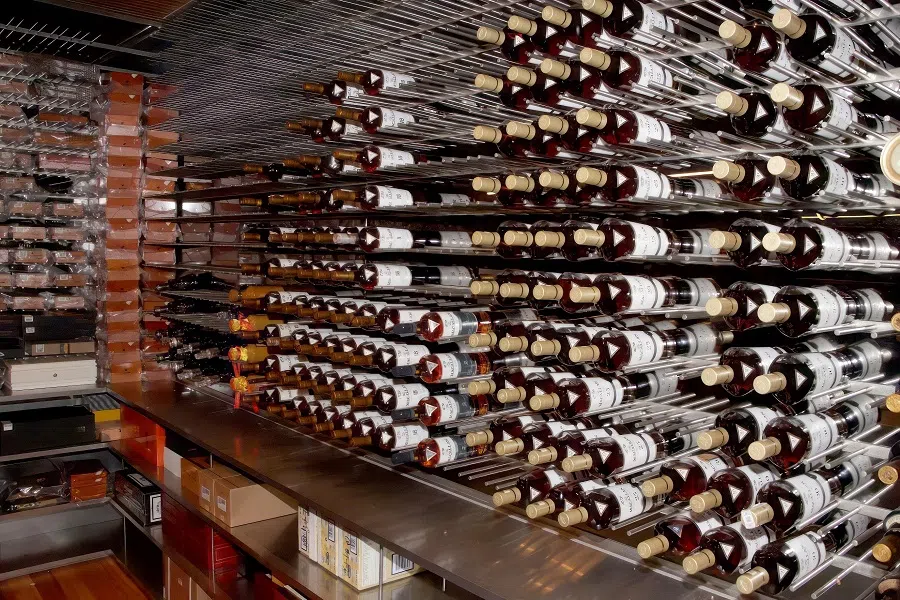
Based on rough calculations, these liquors are worth at least S$600,000. The dozens of boxes of cigars were also worth approximately hundreds of thousands of dollars, among which 30 to 40 boxes of them were Cohiba cigars worth over S$4,000 per box.
In addition, an anonymous local baijiu merchant with 20 years of experience in the baijiu industry identified four bottles of Moutai 30 Years Old in the wines seized by the police. He was able to identify the type of moutai based on the colour of the seal.
He said that a bottle of Moutai 30 Years Old is currently sold for roughly S$6,000 at wine shops. But a bottle could be as expensive as S$15,000 if you're at a high-end restaurant in Singapore.
"It's a great big world with so many choices. Since price doesn't matter, how could they only be buying liquor in Singapore?" - a butler who used to manage the chores of a wealthy Chinese
Well-versed in Singapore's baijiu market, this baijiu merchant said, "Aged moutai is uncommon in the local market and not that easily accessible. Customers have to order a few months in advance if they want to purchase it. Even if it is in stock, we normally prioritise frequent buyers. There's always a market for such aged wine."
He believes that the "Fujian gang" must have parallel-imported these aged moutai via their own channels. Lianhe Zaobao learned from a butler who used to manage the chores of a wealthy Chinese that her boss's fine wines were either flown in from overseas or imported in bulk by importers from overseas.
She chuckled, "It's a great big world with so many choices. Since price doesn't matter, how could they only be buying liquor in Singapore?"
*Additional reporting by Wang Hwee Wen.
This article was first published in Lianhe Zaobao as "解码穷奢极侈生活 "福建帮"游走狮城吃香喝辣".
